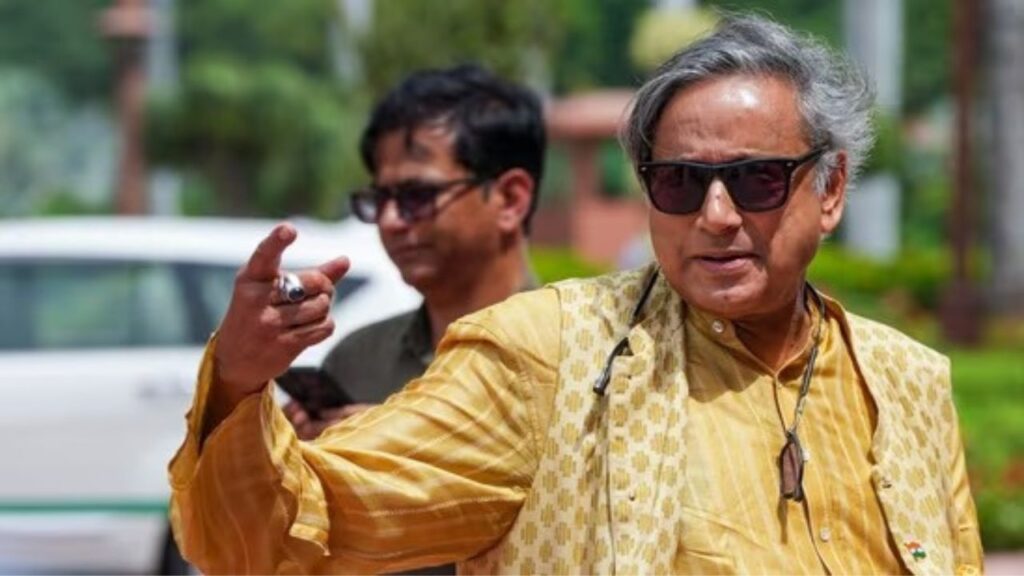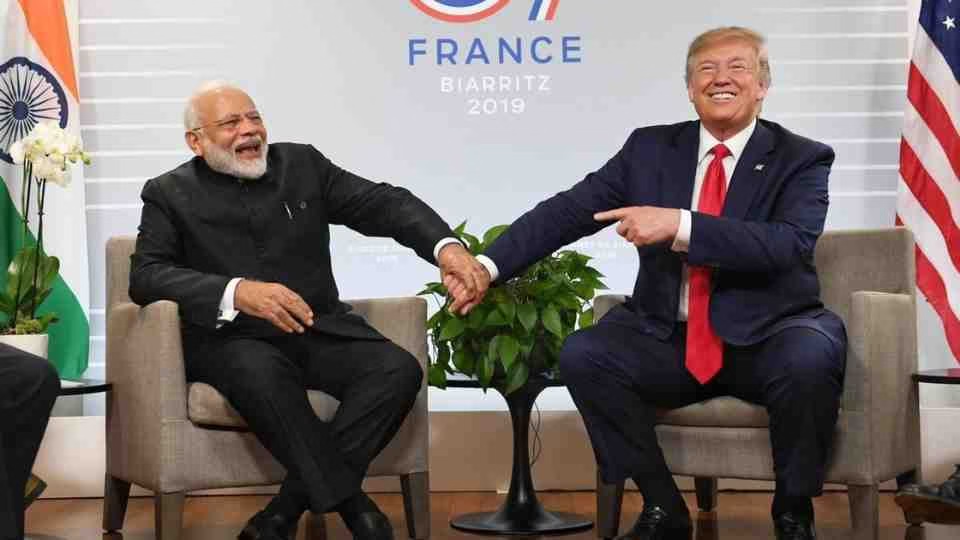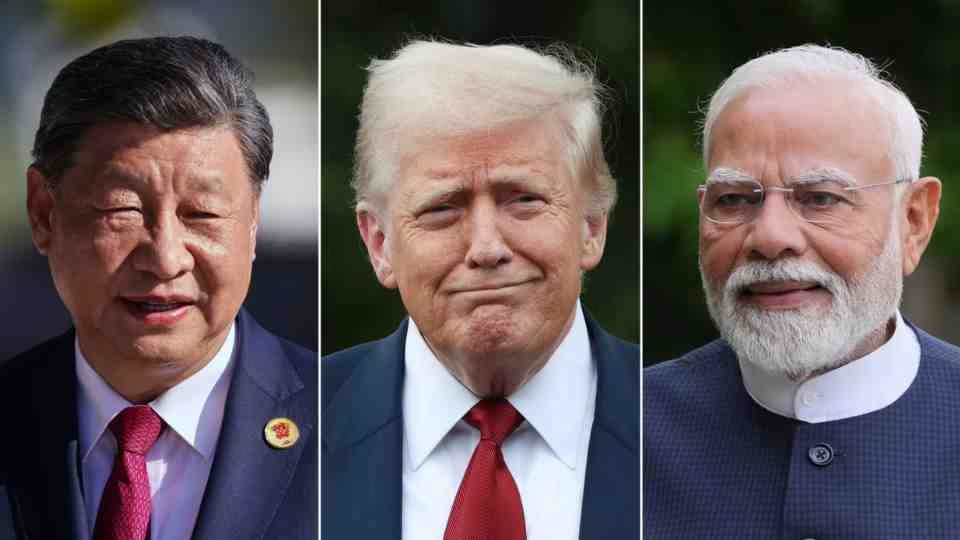Congress MP Blasts Asim Munir’s “Half the World” Nuclear Warning as Parliamentary Committee Expresses Outrage
In a dramatic escalation of Indo-Pakistani tensions, Congress Member of Parliament Shashi Tharoor delivered a scathing response to Pakistan Army Chief General Asim Munir’s controversial nuclear threats made during a private dinner in Florida, declaring that “nuclear blackmail will not work with India.”
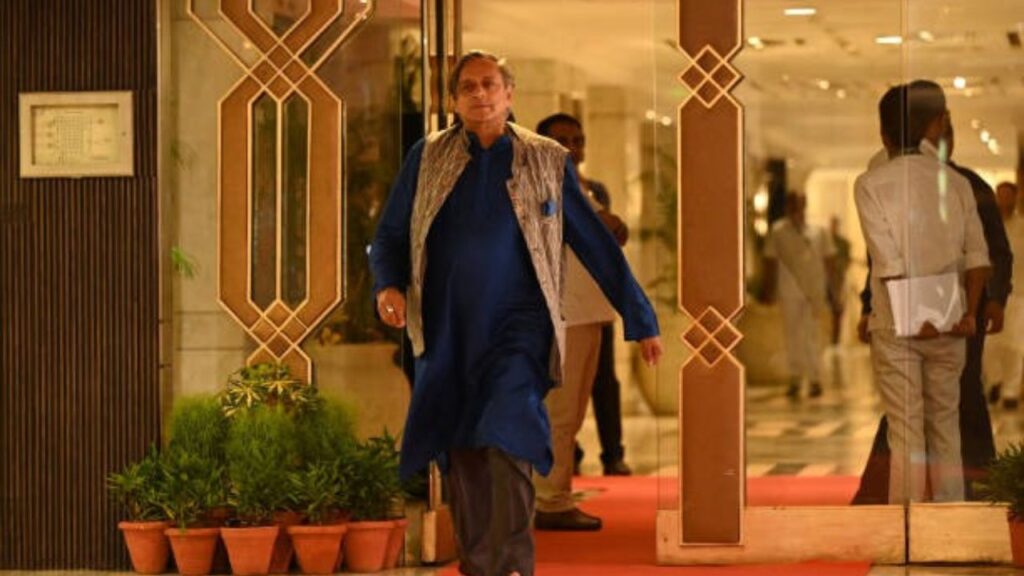
The explosive remarks came to light after Pakistan’s Army Chief General Asim Munir issued a stark nuclear threat against India during a private dinner in Tampa, Florida, on August 10, 2025. During this gathering with Pakistani expatriates, Munir also said, ‘we will wait for India to build a dam, and when it does so, we will destroy it with ten missiles’.
Parliamentary Committee Voices Concerns
Speaking to reporters on Monday following a Standing Committee on External Affairs meeting, Tharoor revealed that Munir’s inflammatory statements had become a focal point of parliamentary discussions. The committee, which Tharoor chairs, expressed serious concerns about Pakistan’s misuse of American soil to issue threats against India.
“The question of General Munir’s statement on American soil has been brought up. Our concern was expressed about the misuse of a friendly country’s soil to say something about us in this manner,” Tharoor told reporters, emphasizing the diplomatic implications of making such statements while visiting a key ally.
Unified Response Against Nuclear Threats
The Congress leader made it clear that India’s political establishment stands united against Pakistan’s nuclear posturing. “But at the same time, the fact that the nuclear sabre-rattling, something that Pakistan likes to do, has been dismissed by the MEA in a statement…So we would echo that statement. The committee share the same view… Nuclear blackmail will not work with India and no party disagrees with that,” Tharoor declared.
The Florida Dinner Controversy
Pakistan’s army chief Field Marshal Asim Munir has reportedly made a nuclear threat while on American soil, threatening to take “half the world down” if Pakistan faces an existential threat in a future war with India. The dinner, hosted by Pakistan’s honorary consul Adnan Asad, has raised serious questions about the appropriateness of using diplomatic events to issue military threats.
The timing of these remarks is particularly significant, coming during Munir’s second visit to Washington since the four-day conflict with India, highlighting the ongoing tensions between the nuclear-armed neighbors.
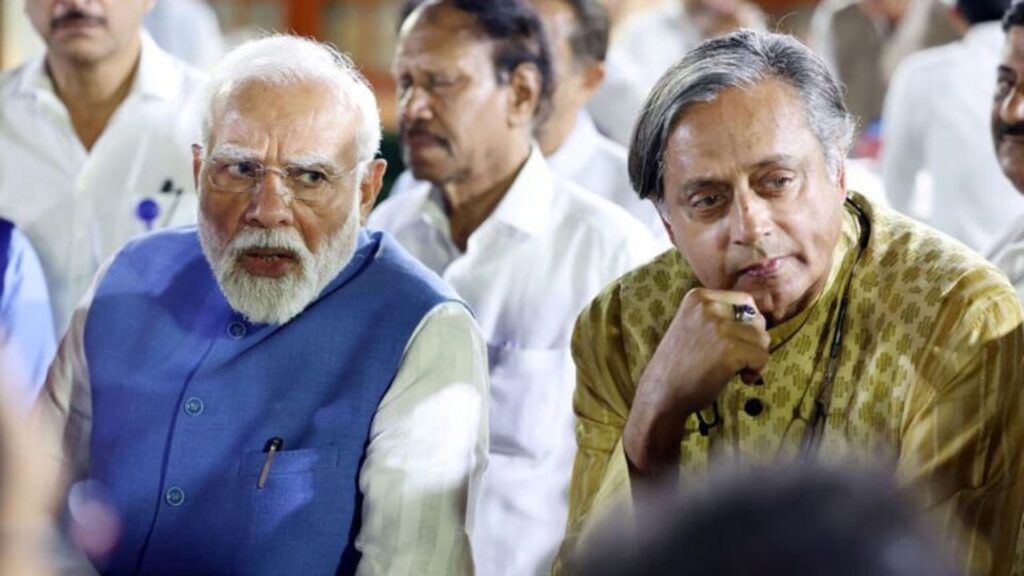
India’s Diplomatic Response
The Ministry of External Affairs (MEA) has already issued official statements dismissing Pakistan’s nuclear threats, which the parliamentary committee has endorsed. Tharoor’s comments reflect a broader Indian political consensus that such threats represent failed diplomacy rather than effective deterrence.
The incident has also raised questions about diplomatic protocol, with Indian lawmakers expressing concern that Pakistan is exploiting its relationship with the United States to make inflammatory statements against India on American soil.
Historical Context
This latest episode continues Pakistan’s pattern of nuclear rhetoric in its dealings with India. Congress MP Shashi Tharoor has previously reminded the United States of Pakistan’s role in sheltering Osama bin Laden, questioning the wisdom of hosting Pakistani military leadership given the country’s complex relationship with terrorism.
The parliamentary committee’s unified condemnation signals that India’s political establishment, despite internal differences, remains resolute in rejecting Pakistan’s nuclear intimidation tactics as a legitimate form of international discourse.

